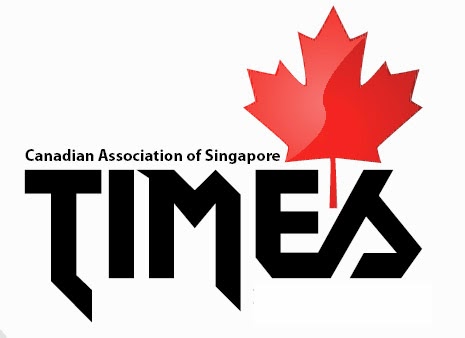Have you ever wondered how a principal supports their students and teachers at Canadian International School? Here’s a sneak peek of what a day at school for Nick Kolentse, CIS’ secondary vice-principal, looks like.
7.30am: A time to plan and connect
Mornings start early for Nick. He uses this time to have conversations with teachers, check schedules, and attend meetings.
8.30am: Advisory
Nick meets his grade 7 advisory group students for a 50-minute session every morning. One key component of this time includes individual discussions around short-term and long-term academic goals that have been set at the beginning of the year. This helps students develop the skills essential for success, and feel confident they have someone to turn to if they need help or support.
11am: Meeting a new family
After morning meetings with teachers and leadership teams, Nick meets with a family whose daughter will be starting in grade 9 the next day. He gives them a tour of the campus and introduces the student to teachers and classmates to help ease any anxieties.
12pm: Planning/reflective conversations with teachers
Nick checks in with teachers on their specific yearly goals that will positively impact the teaching and learning happening in their classrooms. He provides feedback to them based on classroom observations and educational best practices. This process helps ensure the implementation of differentiated instructional methods at CIS and makes its teaching unique.
1pm: Interacting with grade 7s during lunchtime
As Nick catches up with students informally, he is able to learn more about them and what their hobbies are. It also helps students understand that they can share what is going on in their life at school and outside if needed.
2pm: Visual arts lesson
MYP/DP visual arts teacher Bryn Barnard has asked Nick to join him in a lesson on perspective drawing. Nick shares his knowledge, talks about his experiences and gives students his insights as a learner himself. These arrangements allow Nick to form a better picture of the overall student experience and aid him in planning for academic programmes to implement.
3.30pm: Supervision
All teachers and academic staff have supervision duties to ensure that student wellbeing is looked after. Supervision also provides a great opportunity to connect, get to know and have some meaningful conversations with students.
4pm: Staff meetings with various teams
Nick supports subject level teams as they plan for interdisciplinary learning units of study in the MYP. Collaborative meetings focus on updating assessment methodologies as well as the feedback strategies that teachers can put in place to drive academic growth. Assessment priorities ensure that feedback is data-informed, student-centered and teacher-led.































